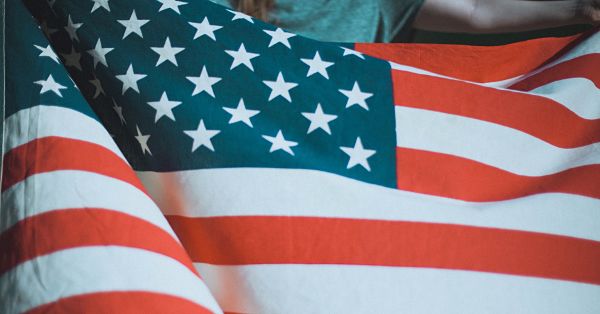
August 21, 1787 (Click to read Madison’s notes on the day)
Summary
The delegates discussed taxation and slavery. The topics were related because direct taxation was tied to the population of whites and 2/3 of “other persons.” The delegates also discussed the slave trade with no resolution during this session.
Influences on the Delegates
Britain was again an example, this time a negative one:
Mr. GERRY was strenuously opposed to the power over exports. It might be made use of to compel the States to comply with the will of the General Government, and to grant it any new powers which might be demanded. We have given it more power already than we know how will be exercised. It will enable the General Government to oppress the States, as much as Ireland is oppressed by Great Britain.
Mr. FITZSIMONS would be against a tax on exports to be laid immediately; but was for giving a power of laying the tax when a proper time may call for it. This would certainly be the case when America should become a manufacturing country. He illustrated his argument by the duties in Great Britain on wool, &c.
Slavery opponents again tried to limit the slave trade. South Carolina’s Pinckney said there would be no approval from SC if the slave trade was limited.
Mr. L. MARTIN proposed to vary Article 7, Section 4, so as to allow a prohibition or tax on the importation of slaves. In the first place, as five slaves are to be counted as three freemen, in the apportionment of Representatives, such a clause would leave an encouragement to this traffic. In the second place, slaves weakened one part of the Union, which the other parts were bound to protect; the privilege of importing them was therefore unreasonable. And in the third place, it was inconsistent with the principles of the Revolution, and dishonorable to the American character, to have such a feature in the Constitution.
Mr. RUTLEDGE did not see how the importation of slaves could be encouraged by this section. He was not apprehensive of insurrections, and would readily exempt the other States from the obligation to protect the Southern against them. Religion and humanity had nothing to do with this question. Interest alone is the governing principle with nations. The true question at present is, whether the Southern States shall or shall not be parties to the Union. If the Northern States consult their interest, they will not oppose the increase of slaves, which will increase the commodities of which they will become the carriers.
Mr. ELLSWORTH was for leaving the clause as it stands. Let every State import what it pleases. The morality or wisdom of slavery are considerations belonging to the States themselves. What enriches a part enriches the whole, and the States are the best judges of their particular interest. The old Confederation had not meddled with this point; and he did not see any greater necessity for bringing it within the policy of the new one.
Mr. PINCKNEY. South Carolina can never receive the plan if it prohibits the slave-trade. In every proposed extension of the powers of Congress, that State has expressly and watchfully excepted that of meddling with the importation of negroes. If the States be all left at liberty on this subject, South Carolina may perhaps, by degrees do of herself what is wished, as Virginia and Maryland already have done.
This is a remarkable account of the discussion on slavery. Luther Martin who was a slave holder believed the slave trade was “dishonorable to the American character” and should not be allowed by the Constitution. Then South Carolina’s Rutledge and Pinckney dropped the threat of withdrawal. They were joined by Ellsworth of Connecticut who said the states could decide what was moral.
This is a devastating passage for those who want us to believe that the delegates were crafting a Christian biblically based Constitution. Not only did these delegates deny the role of religion, they took a terrible stance regarding human bondage. Some of the delegates had qualms about it (Morris was quite articulate on the subject) but they were not willing to risk the union over the matter.
In this exchange, it seems very clear that the delegates were not using Christianity or the Bible as a guide. They didn’t look to revelation for the principles of government we now live by. While they held true to Republican principles because rationally they seemed to be fair and respectful of natural rights, they didn’t self-consciously appeal to Christianity for the content of those principles.
1787 Constitutional Convention Series
To read my series examining the proceedings of the Constitution Convention, click here. In this series, I am writing about any obvious influences on the development of the Constitution which were mentioned by the delegates to the Convention. Specifically, I am testing David Barton’s claim that “every clause” of the Constitution is based on biblical principles. Thus far, I have found nothing supporting the claim. However, stay tuned, the series will run until mid-September.
Constitutional Convention Series (click the link)
To follow on social media, click the following links:
Facebook (blog posts and news)
Facebook (Getting Jefferson Right – history news)
Twitter